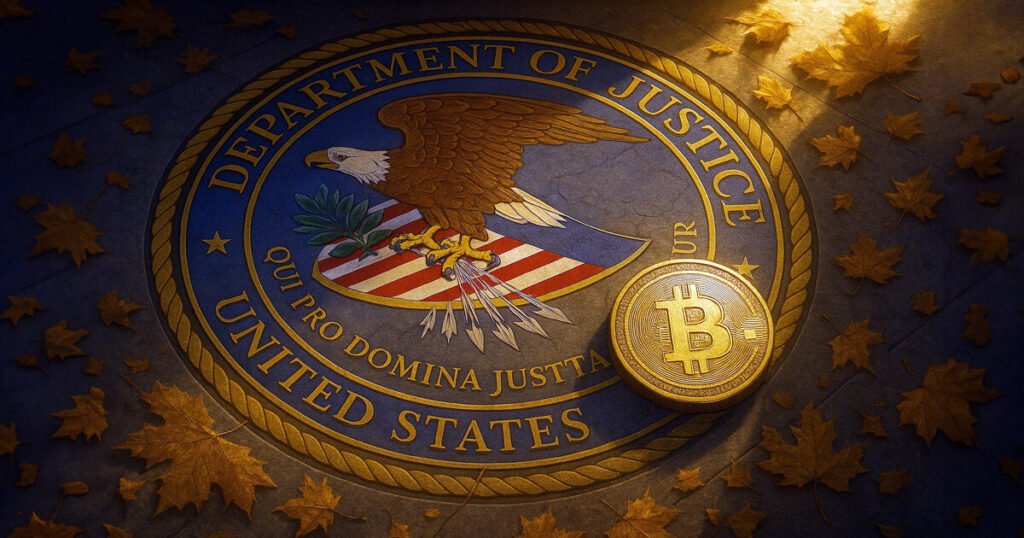The US Department of Justice (DOJ) is currently reviewing how victims of digital asset fraud are compensated, as concerns have been raised about outdated valuation methods. Many investors affected by collapses of crypto platforms like FTX, Celsius, Voyager, Genesis, BlockFi, and Gemini Trust have only received reimbursements based on the value of their holdings at the time they filed claims, not at current market rates. The DOJ highlighted that many assets were lost due to theft or fraud, resulting in investors missing out on significant potential gains they could have realized if they had retained their crypto.
For example, when FTX filed for bankruptcy in November 2022, Bitcoin was trading at under $20,000. By January 2025, Bitcoin’s value had surged to over $108,000, representing an over 500% increase. Despite this, creditors are receiving payouts in fiat currency based on the 2022 valuation, falling far short of the assets’ current value, even with added interest. The current regulations limit recovery to the asset’s dollar value at the time of the fraud, denying victims the upside of the asset’s appreciation, even though they bore the risk of loss.
One FTX creditor advocate, known as “Mr. Purple,” stressed the urgency of reforms to recognize digital assets similar to traditional financial instruments under bankruptcy law. In response to these issues, the DOJ has tasked the Office of Legal Policy and the Office of Legislative Affairs with evaluating potential regulatory and legislative updates, including reforms to the bankruptcy code to reflect the unique characteristics of digital assets.
This initiative is part of a broader strategic shift within the DOJ’s approach to digital assets, including the disbanding of the National Cryptocurrency Enforcement Team (NCET) and a focus on criminal activities like scams and market manipulation rather than investigating lawful entities like crypto exchanges and wallet providers. The DOJ is actively participating in President Donald Trump’s Working Group on Digital Asset Markets to assess the regulatory landscape of the crypto industry.
The DOJ will assist in drafting proposals and recommendations for legislation and agency guidance to modernize digital asset regulations and align them with national policy objectives. Once the president approves the proposals, the DOJ will implement the recommended actions to improve investor protection and provide more clarity for digital asset companies operating within the US. The initiative aims to address concerns about outdated valuation methods and ensure fair compensation for victims of digital asset fraud.

















